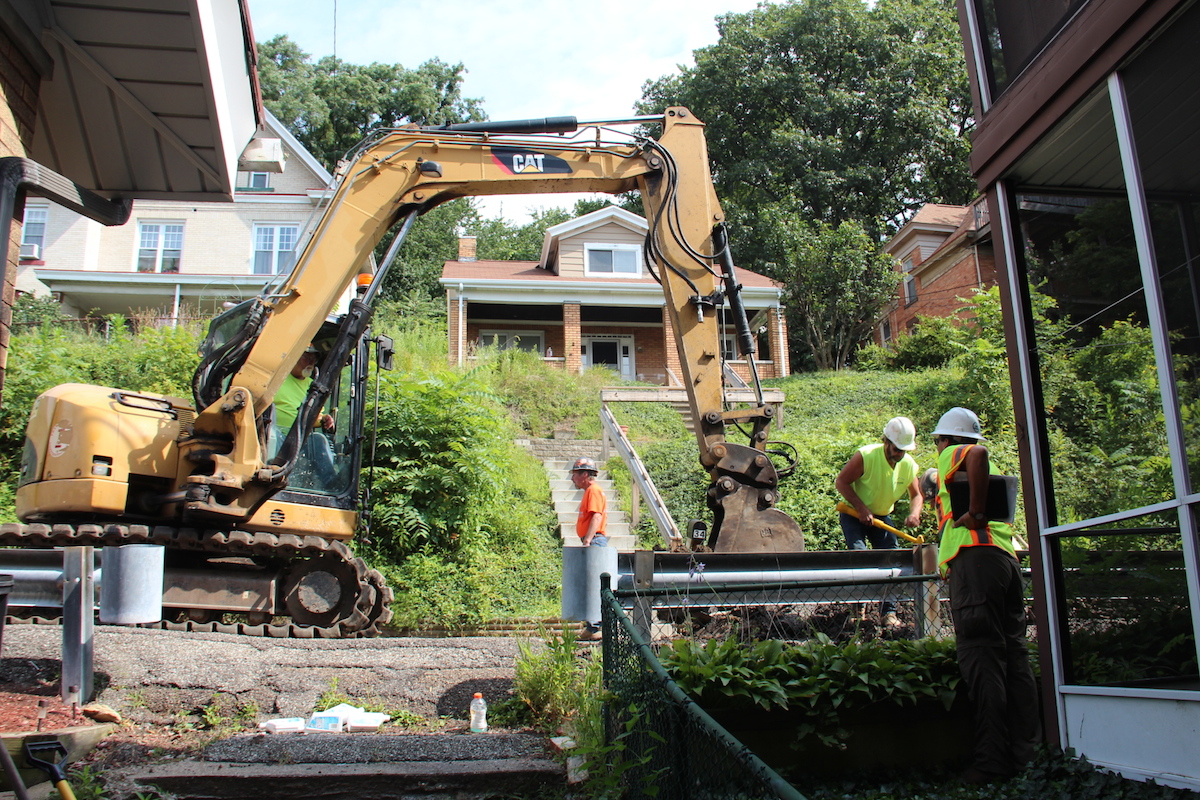The Pennsylvania Department of Environmental Protection (DEP) says the Pittsburgh Water and Sewer Authority (PWSA) needs to do more to reduce lead levels in the city’s drinking water. In a recent round of sampling, one out of every 10 homes in areas where there are lead service lines had levels exceeding the federal action limit of 15 parts per billion. The average in Pittsburgh was 22 parts per billion.
DEP mandated the recent sampling after PWSA switched the anti-corrosive agent it uses in distribution lines in 2014—then changed it back without letting DEP know.
“That could be one of the reasons why the lead levels went up from their 2013 levels,” says DEP spokesperson John Poister.
LISTEN: “Pittsburgh Must Do More to Get the Lead Out”
Poister says PWSA likely will be fined for that. But in the meantime, the water authority has to come up with a plan to educate customers about lead in their water by September. It will also have to map and replace the lead service lines in its system.
“Right now, they do not know how many lead lines they have in their distribution system,” Poister says.
Brendan Schubert, a spokesperson for PWSA, says they’re sifting through old records to locate the lead lines, but there is still a lot of work to do to find them.
“We are not sure how long the discovery is going to take, but we are committed to working with DEP in a proactive manner,” Schubert says.
At least 7 percent of lead service lines must be replaced each year until the old lines are gone. That alone won’t fix the problem though. To further reduce lead levels, customers will also have to replace the lines that run from the PWSA service pipe to their homes—at the homeowner’s expense.
“But if some of the excavation is already done by Pittsburgh Water and Sewer Authority, all they would have to do is replace the pipe,” Poister says.
Pittsburgh isn’t the only city facing this problem. Poister says lead pipes could be present anywhere there is old infrastructure or people live in older homes. But he points out that anyone can help prevent lead exposure by only using cold water for drinking and cooking and by running the water from the spigot for at least 15 to 30 seconds. Boiling water doesn’t get rid of lead.
PWSA will perform another round of mandated lead testing at the end of 2016.


